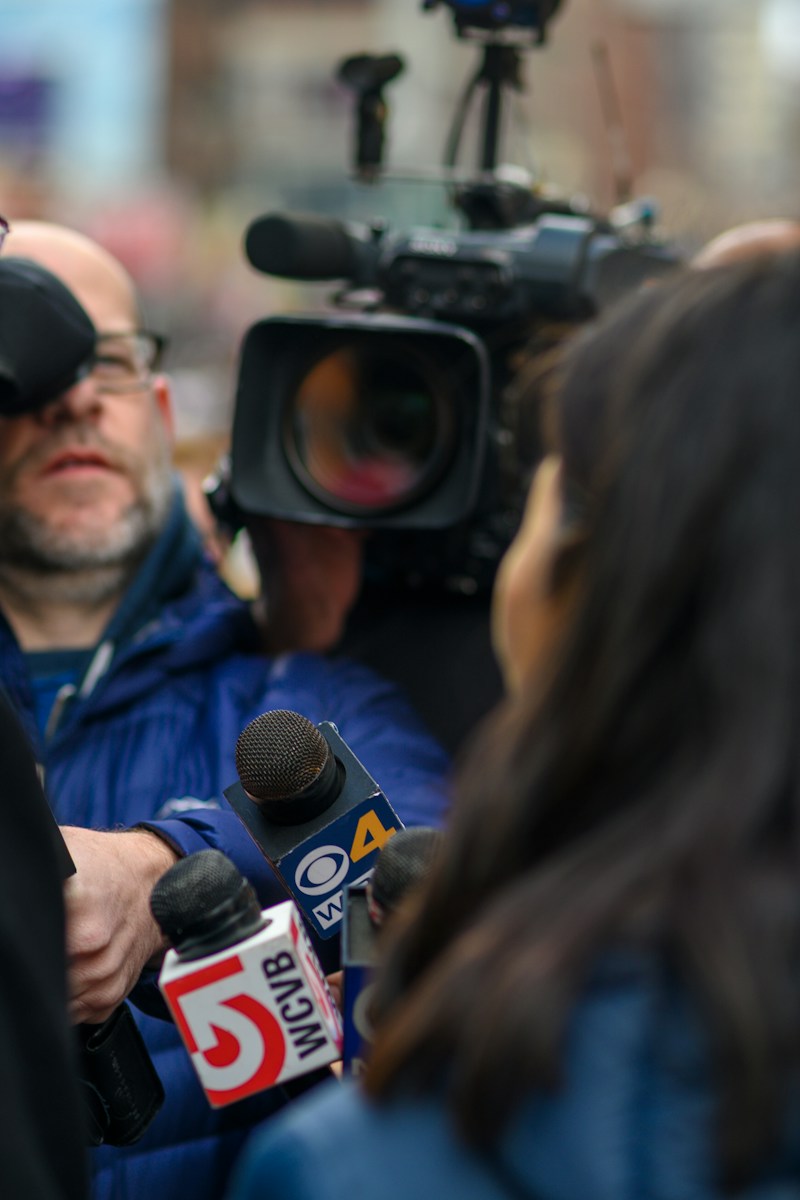As the popularity of social media continues to rise, so too does the national obsession with ‘selfies’. Plastic Surgeon Mr Ash Mosahebi talks candidly about how this cultural phenomenon has lead to a boom in cosmetic surgery for the under thirties.
The selfie – a close up self taken photograph – is big news, becoming an institutional part of the ever expanding world of social media. Considered by many to represent all that is narcissistic about modern-day culture, you’d be forgiven for thinking most take this fad with a pinch of salt.
However, there’s a new trend bubbling away quietly in the UK, as men and women flock to clinics across the nation for surgery to look picture perfect. Dubbed ‘selfie surgery’ by those close to the industry, experts are claiming clinics are full of patients hoping to improve their appearance in order to look good on Facebook and Twitter.
Mr Ash Mosahebi, a Plastic Surgeon from London, tells The Harley Street Journal why the explosion of photo-based social media is unquestionably responsible for the demand in cosmetic surgery.
 “I see patients on a weekly basis seeking treatment to improve their looks for the purposes of social media,” Mr Mosahebi says. “The increasing popularity of sites like Instagram and SnapChat, which focus almost entirely on what you can see rather than what you have to say, has prompted a surge in enquiries as the need to look your best on camera grows.”
“I see patients on a weekly basis seeking treatment to improve their looks for the purposes of social media,” Mr Mosahebi says. “The increasing popularity of sites like Instagram and SnapChat, which focus almost entirely on what you can see rather than what you have to say, has prompted a surge in enquiries as the need to look your best on camera grows.”
According to Mr Mosahebi the trend started after the boom of smart phones and video messaging, with many men and women being more critical of their looks having seen themselves on screen.
“With the birth of iPhones and video calling apps like FaceTime people are seeing themselves differently. Gone are the times where you simply used your phone to call each other,” he explains. “These days, especially amongst teens and those in their twenties, their phones represent their social lives. They use these devices to communicate with their friends and partners. Looking good has become essential.”
With these apps now playing such a huge role, Mr Mosahebi believes patients are holding a microscope up to their own image and look at it with a more self-critical eye than ever before.
“It’s suddenly become incredibly important to look good, especially between women,” he says. “There’s a certain element of competition that is now emerging more and more on these sharing sites. I think that more than anything it’s responsible for the interest in self improvement, certainly in regards to cosmetic surgery and aesthetic treatments.”
Mr Mosahebi, who also consults for Spire Bushey Hospital, says he’s seen an increase in eyelid surgeries and nose job procedures compared to previous years, a rise he’s keen to put down to selfies.
“I’d say the most popular procedures are definitely the facial ones,” he reveals. “The selfie usually involves close-up photographs of the face, so the eyes, nose and teeth are often the desirable features to alter.”
Asked if the self-improvements simply applied to the face, Mr Mosahebi explains as summer approaches he’s seen an increase in procedures to makeover the body.
“As people prepare to jet off on holiday most practitioners will see an increase in enquires for treatments like non-surgical fat reduction and body contouring. Being snapped on the beach and uploading the pictures straight to Facebook or Instagram means people want to look their best at all times. The lengths men and women go to in order to impress their friends on social media really does know no bounds.”
While the demand for procedures like rhinoplasty and injectable treatments have undeniably increased since the birth and evolution of social media, Mr Mosahebi urges potential patients to remember surgery is not to be taken lightly.
“Although cosmetic surgery and aesthetic treatments can seem like a quick fix, there are risks associated with all treatments, and we must be absolutely sure patients are undergoing them for the right reasons,” he stresses.
“Cosmetic surgery is an incredibly personal decision, and impressing others on social media is not the right reason, and as responsible surgeons or doctors we should not encourage it.”
Do you agree? Send your thoughts to laura@ccfmedia.co.uk












